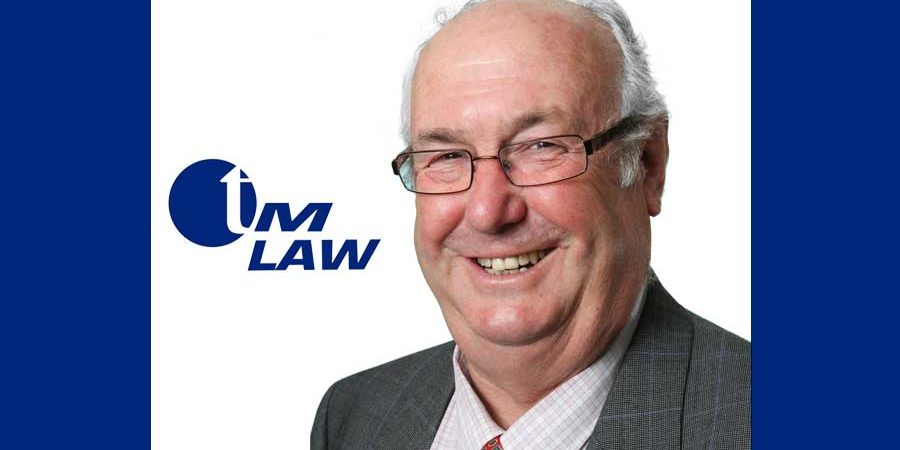The overused metaphor that refers to the time someone spends engaged in something as being “a journey” is wholly appropriate for the legal process that saw Uber, the taxi service, seek to maintain the status of its drivers as self-employed.
This journey began in an Employment Tribunal almost five years ago, it then visited an Employment Appeals Tribunal, followed by a trip to the Court of Appeal, before finally reaching its destination at the Supreme Court where the journey ended in February 2021.
In its judgement, the Supreme Court confirmed that Uber drivers, who receive driving jobs through the Uber App, are to be classified as “workers”. This represents a rejection of Uber’s assertions that the drivers were “independent contractors” providing services to Uber’s passengers, as they were only working when actually carrying customers, with Uber only providing booking through its App. As a result, Uber drivers now qualify to receive at least the National Minimum Wage and paid annual leave, not just for the period they are actually driving a customer, but whenever they are logged in to the Uber app.
This will naturally have implications for other businesses, but it is worth understanding how the law recognises the three ways in which an individual can provide services to a business first:
1. As a full-blown employee, working under a contract of employment, with all the attendant legal protection that this provides.
2. As a self-employed contractor, working for themselves, and directly for their own clients and customers
3. Between 1 and 2 above are workers who provide personal services on behalf of the business that they work for, who enjoy some of the benefits of an employee under 1 above.
The ruling in the Uber case confirms that any business that needs people to provide their services must bear in mind that the courts and employment tribunals will now look beyond how the individual is styled, or how any written contract describes them. Courts and tribunals will always seek to determine exactly how a contract actually works, and whether it makes the person providing the service an Employee, Worker or Sub-Contractor.
So, has the Uber “journey” actually come to an end? One would think so, as the Supreme Court is the final court of appeal for all United Kingdom civil cases. However, it does mean that any contract for services that comes before the courts remains open to interpretation. What is clear from the Uber case is that businesses need to be extremely careful not to create a Contract of Employment by conduct, and that employment contracts and contracts with self-employed contractors need to be very carefully drawn; something T M Law, as experienced employment, and contract lawyers, is more than happy to assist with.



